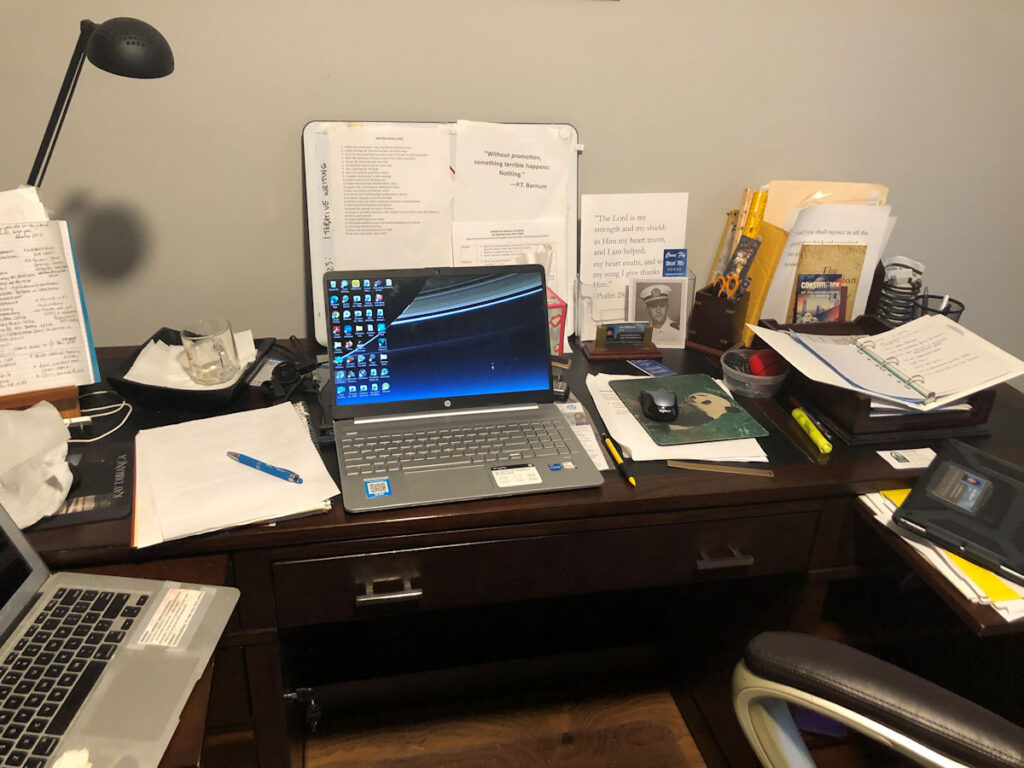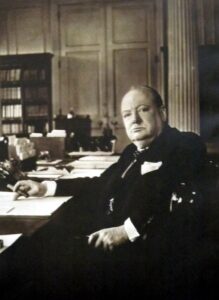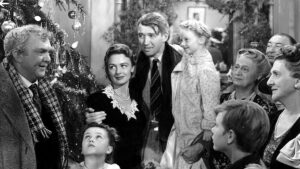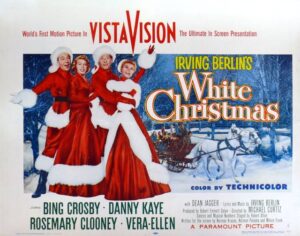We shook things up at Casa Wortham this week. We’ve lived here for about seven years in what we call the new house, and felt the kitchen needed a change not long after the Bride’s oven sparked, gagged, and filled the house with the heady aroma of burned chemicals.
But this isn’t about major appliances. Remember when you first moved into your place and beheld empty drawers in the kitchen?
One question always comes up. Where does the silverware go? (In Texas, daily eating utensils are silverware, even though the real silver ((plate)) is in a wooden case stuffed back in a cabinet or under a bed and only comes out on Thanksgiving or when someone dies).
Then there are wooden spoons, cup towels, oversize forks and spoons, tongs, measuring cups and spoons, vegetable peelers, graters, garlic presses, thermometers, kitchen scales, bottle openers, corn cob holders.
They need a home in the shallow drawers.
What’s the proper dispersal method?
And while we’re at it, there’s the (ominous music) junk drawer. Where will that one be, because we know for certain that a drawer will devolve into one of these chaotic black holes that scientists with pocket protectors in their shirts discuss in hushed tones.
I’m sure you have one of these sacred disorganized repositories of migratory odds and ends nestled in a bed of bread ties, old rubber bands, thick blue rubber bands off celery stalks, nuts, bolts, mysterious batters that might or might not be dead (but you can’t throw them out until you know), and mysterious keys you’ve never seen before in your life. Wait. How the hell did my razor get in there? Was someone shaving carrots?

On moving day in the new house, we unloaded boxes marked KITCHEN into random drawers that were probably open and waiting, and have lived with those spur of the moment decisions since.
But there have been problems. The silverware drawer is between the oven and stove. That’s our serving area when we don’t have sit-down meals, which is 95% of the time. And there are usually a lot of people in line.

If someone is filling a plate, they’re in the way of spoons, forks, and knives, which we usually forget. Then we go back and excuse ourselves to open the drawer, or cut in line, which can be deadly with sons-in-law and hungry teens.
On Wednesday of this week, the Bride came home with a couple of classy bamboo dividers to help separate some of the more aggressive utensils. I was between writing projects, and the next thing I knew, we’d emptied all the drawers onto the countertops and forced significant changes in implement and gadget placement.
Now it all makes sense, to a small degree, but here’s the problem. We keep returning to the wrong places for wooden spoons, measuring cups, and the scissors which reside in the junk drawer. We’re on a learning curve, and I sent our daughters and sons-in-law a thirty-second video preparing them the new organization.
They were aghast.

The Redhead, mother of two, sent an eye-rolling emoji, and Taz, the youngest and mother of three kids, was verbally displeased. But then again, she even hates it when the Bride replaces accent pillows with new, fresh additions.
But I explained. “Change is good. Remembering where everything is in their new locations is exercise for the brain.”
With that, I needed proof to counter verbal attacks when the all come over Sunday night for out weekly get together.
An exhausting thirty second search on medical databases provided this agreement. “Positive change and new experiences are excellent for the brain, promoting neuroplasticity (the brain’s ability to form new connections), boosting cognitive function, improving mood (via dopamine, that’s why it’s called dope, according to my dad) and building mental resilience, even though the brain’s amygdala might initially perceive change as a threat. Varying routines, learning new skills, exploring new places, and engaging in diverse activities build cognitive reserve, helping you adapt and maintain long-term brain health.”
Now I have to make this relevant to my writing blog post.
With that in mind, I looked up “neuroplasticity and amygdala” before diving into another search to find that it’s beneficial for authors to change genres, or write short stories, or nonfiction articles or books. In other words, shake it up.
While reading those confusing medical evaluations and articles for another fifteen minutes, I learned that changing genres or writing styles introduces new narrative tools, breaks writer’s block (which I don’t believe in), fosters artistic growth, and offers fresh perspectives, though it requires extra time.
Switching genres challenges an individual to think differently, find new solutions, and prevents creative stagnation, leading to broader skills and more diverse ideas that can even enrich their primary genre.
But wait! Getting out of your writing lane is commonly considered a bad idea in literary circles. One article I read explored and supported Stephen Kings change from his traditional horror novels to write an alternate history with 11/22/63, or Cormac McCarthy’s shift to his post-apocalyptic The Road. I’ve been told only bestselling authors should take those chances.
Some say we should stick to our writing lanes and do what our fans come to expect.
Fine, wait a while after you write something different before submitting it, but there’s nothing wrong with taking a break from your WIP and writing a science fiction or post-apocalyptic short story if only for personal satisfaction.
This mental exercise is a great way to get out of a rut.
When you do that, find a different place to write for a day or two. Such a change just might inspire something different. Many authors write in one location, and edit in another.

You don’t have to sell those new works today, or tomorrow. You can put them in a figurative junk drawer (see the unplanned connection here? I love the subconscious author.) and dust it off sometime in the future when you need it.
I did that way back in 2012, when my first novel was published and my editors wanted the next book. I’d written a three-thousand-word short story in 1986 that sat in my file all that time, but when I needed an idea, I re-read that old experiment and found the foundation of the second novel in my Red River series, Burrows, which was truly a horror story.
Or maybe you’ve read a non-fiction article in a magazine and thought, “I know that much.” Give it a try.
For several years I wrote “hook and bullet” stories for several outdoor magazines. More than one took awards from the Outdoor Writers of America and the Texas Outdoor Writers Association. I’m proud of those stories and the framed acknowledgments from my peers.
One was an informative history of the longbow, and with liberal applications of scotch, the article was quirky and funny.
I’d exercised my creativity and different writing skills, because I like to try different things.
Like moving the silverware drawer.
In Science Explores News, an article about Dr. Nathan Spreng, a neuroscientist at Cornell University, explored how the brain changes as we learn. Much of the article concentrates on new physical tasks, such as hitting a baseball, but a deeper idea comes from pianists who can play complicated musical scores without thinking about where their fingers go. Their minds can wander, and that opens up even more neural pathways.
So if we get out of our writing lane and try something different, can authors open new creative paths to follow?
Some doctors think it does.
Try a short story, or an article, or start a new chapter in a different kind of novel just to see if that old excitement is there, or if a different way of thinking helps your writing. No one has to see it but you.








 I hope you don’t mind if I indulge in a little BSP. It’s release day for
I hope you don’t mind if I indulge in a little BSP. It’s release day for 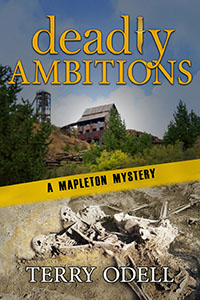




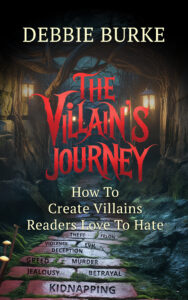 Is 2026 the year you want to learn to write fascinating villains and antagonists? Please check out Debbie Burke’s bestselling craft guide, The Villain’s Journey-How to Create Villains Readers Love to Hate.
Is 2026 the year you want to learn to write fascinating villains and antagonists? Please check out Debbie Burke’s bestselling craft guide, The Villain’s Journey-How to Create Villains Readers Love to Hate.
